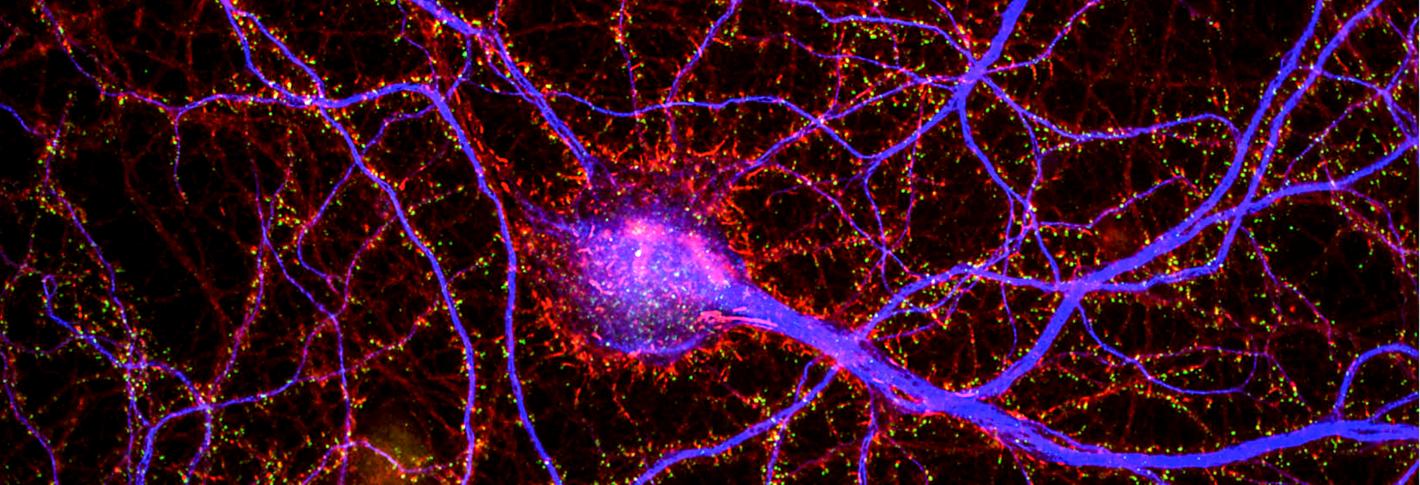
The molecular means that endow the brain with the extraordinary ability to change and adapt with experience (a property known as plasticity) can also be sources of vulnerability to disease and dysfunction. In research spanning decades Elly Nedivi has discovered that a protein called CPG2, encoded by the gene SYNE1, critically enables plasticity during health but significantly increases susceptibility to bipolar disorder if mutations undermine its production or function.
CPG2 first showed up in screens Nedivi conducted as a postdoc to find genes and molecules that implement neural plasticity. Ever since, her Picower Institute lab has been discovering new ways it is important. In 2004 her group found that it plays a pivotal role in withdrawing receptors for the neurotransmitter glutamate from the contact points between neurons, called synapses. It can therefore help regulate how much a neuron in a circuit will become excited by an upstream partner. Subsequent papers in 2013 and 2016 worked out the exact molecular chain of events in which CPG2 exerts that influence over circuit behavior.
Above: Neurons stained to highlight the protein CPG2
In 2019 Nedivi’s lab revealed a profound disease relevance of variations in SYNE1’s encoding of CPG2. The study showed that people with bipolar disorder were more likely to have low levels of CPG2. When the lab led by former postdoc Mette Rathje delved into why, they found that people with low CPG2 levels had specific mutations in SYNE1. By then cloning the variations into rat models they could see their physiological effects. They found specific culprits that either reduced the ability to produce CPG2 or to correctly traffic it to excitatory synapses.
Research is now ongoing in Nedivi’s lab to determine how these deficits contribute to bipolar disorder symptoms and to investigate how genotyping patients with bipolar disorder might aid diagnosis and refine treatment approaches.

